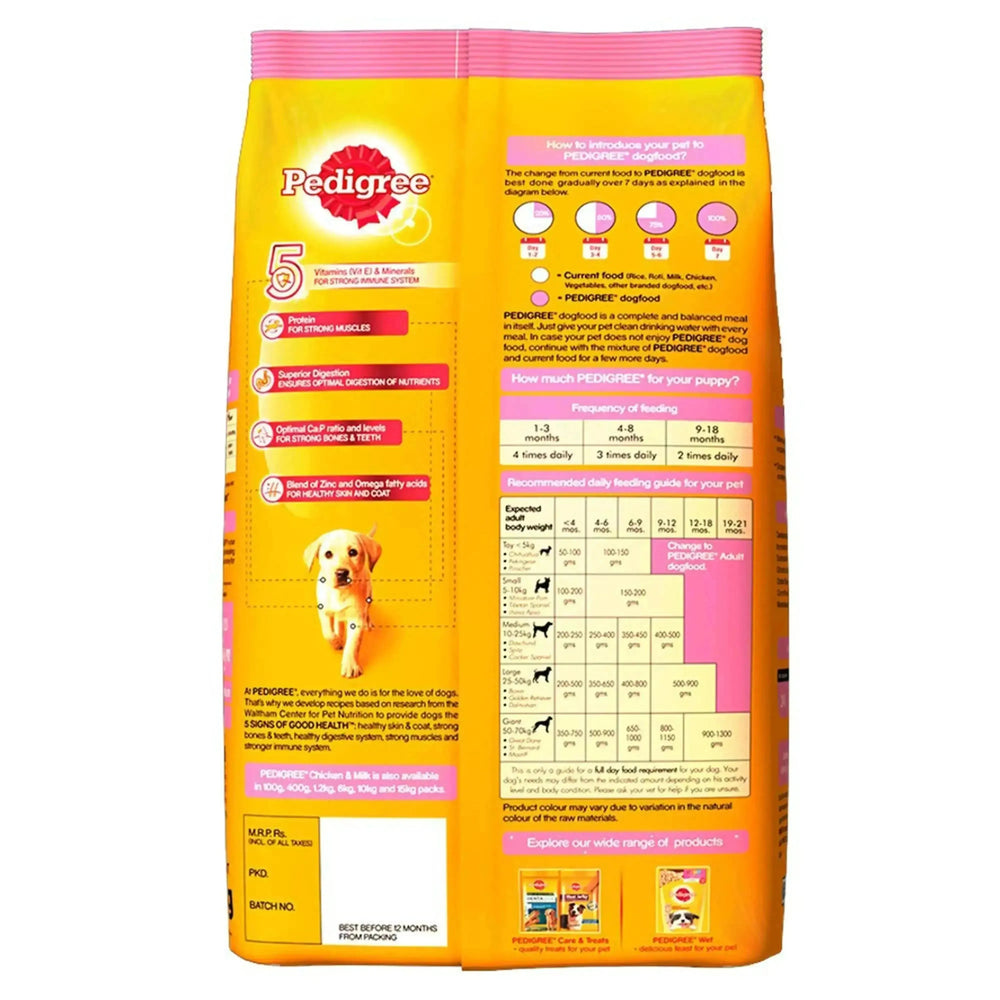When your dog refuses to eat
Most dogs are usually very eager eaters. So what is going on when your dog is not eating and is losing his appetite? It may actually be a health problem or it could even just be about the kind of foods and treats you are offering. Here is a list of seven questions you should ask yourself to help figure it out:
- Is his food fresh?
A healthy dog is likely to walk away from a bowl of food that has gone bad and it is no longer fresh. A large bag of kibble or dog food that has been left open for nearly a month will usually lose its appeal and could turn rancid and that may be causing your dog to not eat his food. Canned food is also only tasty and edible for three to five days after it’s opened, and you must keep it in the fridge. So, check the condition of all the food items you have that you are giving your dog to eat and make sure it is all fresh enough for him to eat.

2. Is he bored of his food?
It is likely that your dog may be slightly bored with the food you are giving him to eat. A simple solution to getting him to like his food again is by heating his food slightly to increase the aromas that the food is releasing.
You can also liven his food up with a little low-sodium broth, low-fat cottage cheese, boneless chicken, or hamburger for a few days to make him excited about his food again. Don’t do this for too long, though as it can be habit forming and your dog will come to expect it. Once he's back to eating normally, start cutting back on the extras and bringing back his usual food. You could also give them wet canned food or make a mix of canned and dry to experiment with his taste buds.
If you do decide to make a change to his food, notice how your dog reacts to it. It could be that they don't like the new food for some reason so it might be some other reason other than boredom.

3. Do you give him too many treats?
You could be offering your dog too many treats which would explain the cause behind his lack of hunger at mealtime. According to a study, this happens very often. Hence, it is advisable to cut back on treats for a while to test this. Dogs should not get more than 10% of their total calories each day from treats and snacks. In case you are not sure how much that is for your dog, ask your vet or contact us right away!

4. Is he craving human food?
Have you been mixing some of your human food in with your dog’s food, and now that you’ve decided to stop doing that, he will not eat? This is common as a study says that if dogs have been getting human food or treats with their dinner and this has become their habit, they do not want to go back to regular food. To correct this habit, slowly cut the amount of extras you put on your dog’s food to start weaning them off entirely.

5. Did You Change His Feeding Schedule?
If your dog is used to a strict daily food schedule, and you alter it, they may not be used to the new schedule just yet. Come back to his original schedule and see if that makes a difference to his appetite.

6. Is he genuinely sick?
If your dog is passing up his regular food, it could be a sign that he is genuinely sick. You should take your dog to the vet if he is underweight and not interested in eating or if he usually eats well but has stopped doing that, especially if he is a puppy or an older dog.
It may be that your dog could have swallowed a sock or something else. Or he might have a mouth ulcer that makes is causing him pain. So, contact a vet right away.

7. Has he been throwing up?
Your dog may start refusing their regular food if they have been sick lately and have been throwing up their food. They might have linked their food with being sick and now they may be avoiding that food. If so, mix in a different food to try to get them interested again in their regular food. If that works, slowly stop mixing the new food in and get back to his regular food.

Try these different scenarios to fix your little one’s appetite. And, if that still doesn’t work then contact us and your vet straight away!





